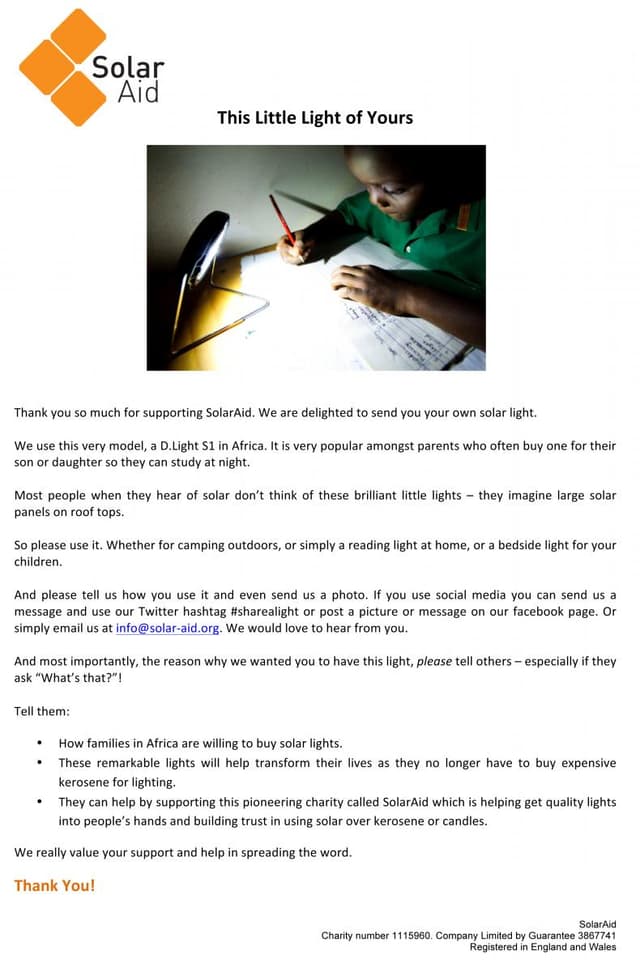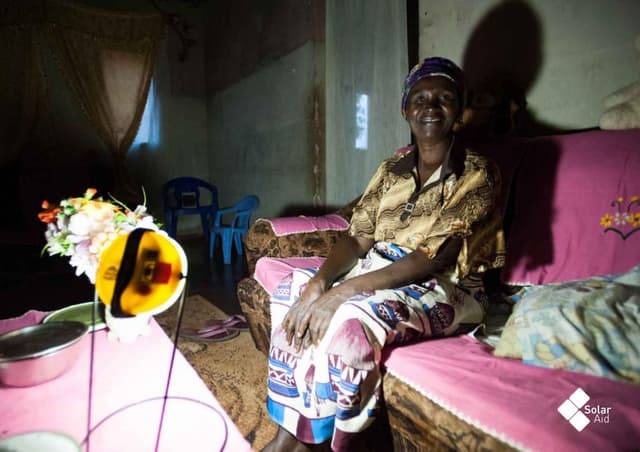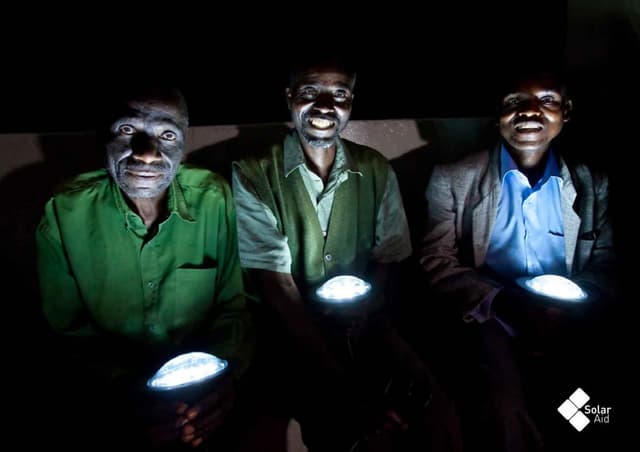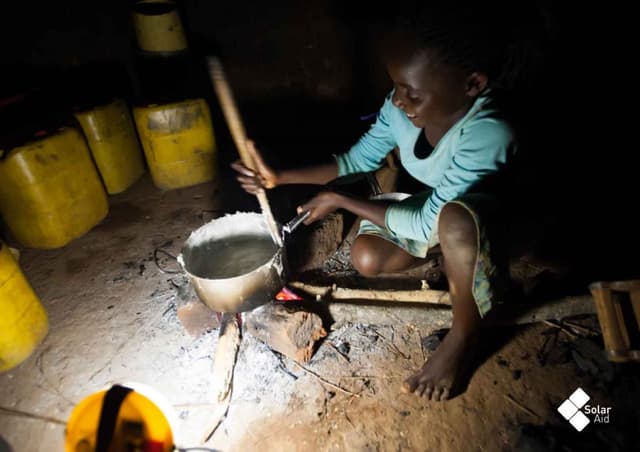SolarAid: ‘Spread the light’ campaign
- Exhibited by
- Richard Turner
- Added
- January 15, 2013
- Medium of Communication
- Direct marketing
- Target Audience
- Individuals
- Type of Charity
- International relief / development
- Country of Origin
- UK
- Date of first appearance
- September 2012
SOFII’s view
Another exhibit that shows that if you really talk to your donors, really get to know them and really inspire them, they will become your greatest advocates. The best people to recruit new donors and to raise more money are your existing supporters. They love you – or they will if you let them.
Creator / originator
SolarAid
Summary / objectives
To inspire supporters to promote SolarAid’s work to their family, friends and networks, and give them the tools to do so.
SolarAid through the social enterprise it created, SunnyMoney, sells quality micro solar lights to rural families in Africa who use kerosene lamps for light. As ‘customers’ people have rights to a warranty and when local traders see the demand they are willing to act as points of repair and distribution. It is an approach that spreads more quickly than aid and is more sustainable.
SolarAid’s goal is to eradicate the kerosene lamp by the end of the decade. Kerosene is expensive – families typically spend a quarter of their income on kerosene. The fumes are toxic, so contribute to indoor air pollution, and the lamps are dangerous – burns are common place in communities.
Background
SolarAid is a relatively young charity, it was started in 2006, with a small but passionate donorbase. We found that when we met people and showed them a real solar light like the ones we use in Africa it would transform discussions. As a result we began to provide our closest supporters with a solar light so they could promote them on our behalf
As a part of an appeal to supporters in September 2012, we offered to send them a solar study light for donations greater than £36, the amount that helps share the cost of six solar lights with families in Africa. The incentive didn’t notably increase the response or even the average gift (they were, after all, already donors).
However something far more interesting began to happen. We started receiving a series of gifts from new donors with similar postcodes. The mystery was revealed when someone called to say that her neighbour was going up and down the street showing everyone the solar light we had sent her in response to her donation. She wanted one too. Another donor’s husband sent a donation of £50 with a letter that said it was an excellent idea and he wanted his own solar light too.
Could the answer to cost-effective donor recruitment have been staring us in the face all along – our existing supporters?
Special characteristics
The solar study lights we send to donors are exactly like the ones we use in Africa. They are very robust. Even in reasonable daylight they will charge and are great for use by children as a bedside light (my daughter says it keeps the bad dreams away), taking on camping trips and, of course, showing off to friends and neighbours.
Influence / impact
The most significant impact is how this is not only inspiring existing supporters, so they are more likely to continue supporting SolarAid, but also in helping recruit new donors.
Details
It’s early days. Send us a donation and we will send you a solar light!
Costs
A solar light costs us less than £5 to import to the UK. You can buy a solar study light for £7.99 from Amazon with free delivery. For UK donors you can give a 25 per cent benefit in response to a donation less than £100. So for £36 we can provide a gift up to the value of £9.
Merits
Donor recruitment costs are rising. For small organisations this limits the extent to which they can invest funds. For large organisations the declining response rates and rising costs from current methods are of a great concern.
Increasingly when people purchase a product they rely less and less on the marketing from the manufacturers. Asking a friend or reading customer reviews on Amazon are far more influential. Why not for supporting a cause? In which case charities should focus their energies on how they can make their existing supporters their greatest advocates and how they can get the equivalent of five-star Amazon reviews, i.e. by investing in great donor care. The mindset is to think of what can you place in the hands of your supporters so they can evangelise on your behalf. Recruiting new supporters through your existing donor base will be a significantly lower cost, will help engage current supporters even more, and possibly lead to greater retention.
Other relevant information
See Richard’s blog on this campaign, here.
Follow-up of the project
SolarAid’s campaign in 2013, Share-A-Light aims to take this concept to a new level.
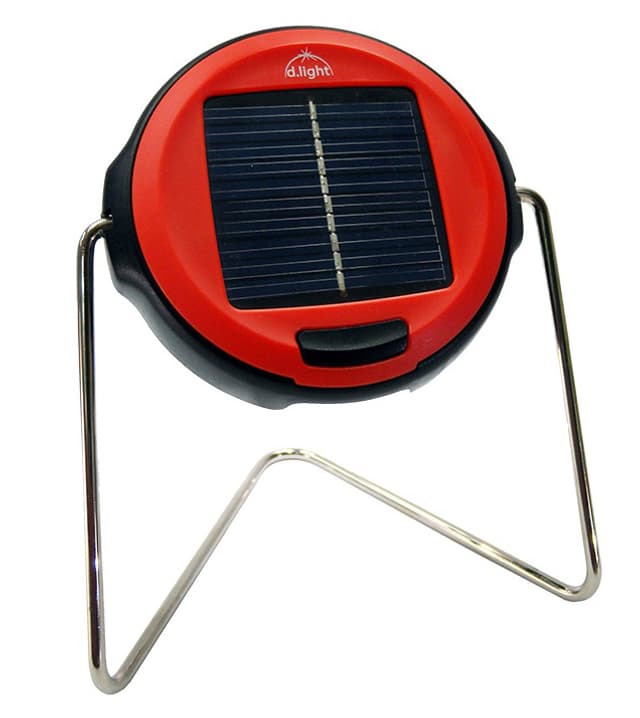 View original image
View original image
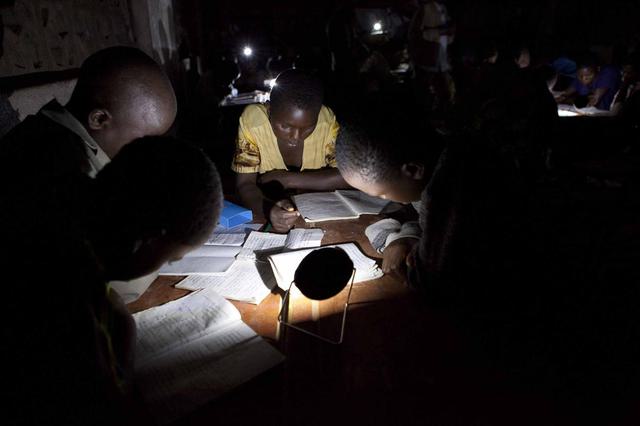 View original image
View original image
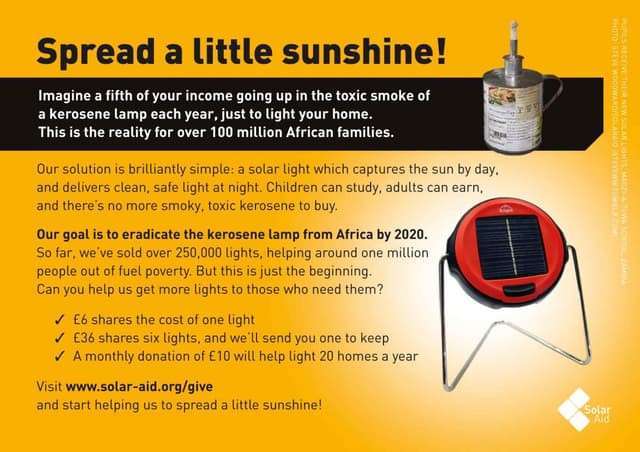 View original image
View original image


